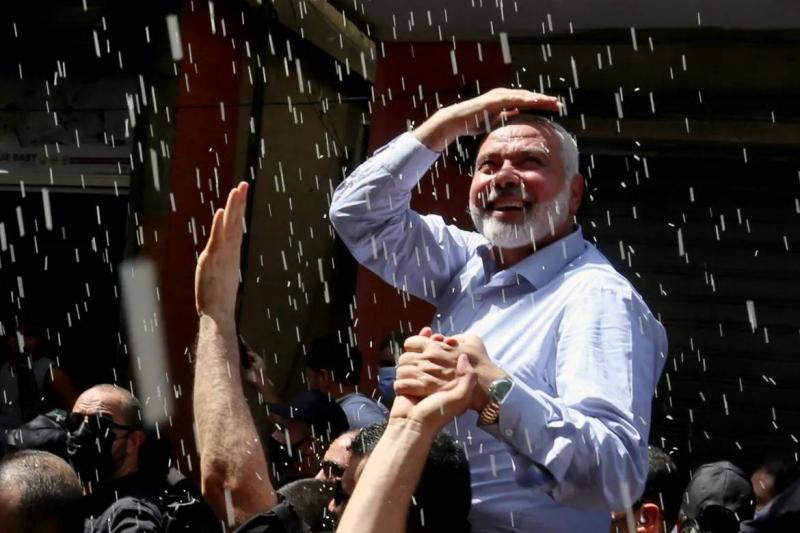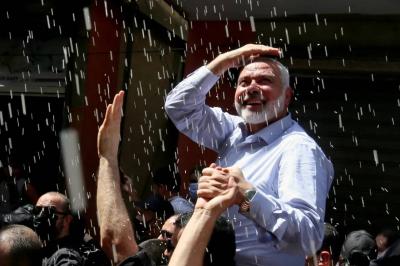The recent security and military developments in the region, particularly in Beirut and Iran, have captured the attention of most political forces and monitoring entities. The central question remains the same since the outbreak of the Al-Aqsa Flood: Will the war in the region expand into a comprehensive regional war involving the participating, conflicting, and facing parties? Or will matters remain within the limits of confrontations and controlled strikes, as they currently are?
There is no doubt that the assassination of Ismail Haniyeh, the head of the political bureau of Hamas, in Tehran, along with the killing of immediate military leader of Hezbollah, Fouad Ali Shukur, known as Mr. Mohsen, in Haret Hreik, represents a significant and dramatic development amid the ongoing war between Gaza, Lebanon, and the rest of the region against Israel.
It cannot be ignored that Israeli Prime Minister Benjamin Netanyahu has achieved significant steps and severe damages to the forces opposed to him—namely, Iran and Hezbollah. While it is true that Israel has not claimed responsibility for the assassination of Haniyeh in Tehran for various reasons, it is clear and certain that Israel is the only party that could be accused of this operation, as it is Haniyeh's main enemy, despite his essential role in negotiating the anticipated ceasefire in Gaza.
Netanyahu has placed these parties in a sensitive and precarious situation, forcing them to defend their logic, justify this military and security breach, and think about how to restore their prestige. Time is of the essence in considering a response. At the same time, they are responsible for the possibility of being dragged into a wider war.
It is evident that the two main parties involved, specifically Iran and the United States, do not wish to escalate the war in the region into a broader conflict, each for different reasons. The only individual seeking to expand the war is Netanyahu, along with his extremist ministers, such as Ben Gvir and Bezalel Smotrich.
Netanyahu desires to escalate the situation for reasons related to his known political fate, anticipated due to corruption issues he is entangled in with his wife, before and after the Al-Aqsa Flood, stemming from his political responsibility for what has happened to Israel during his tenure as prime minister.
The cunning Netanyahu is exploiting the complex and intertwined conditions in the United States, which is in a sensitive transitional phase, hoping to play on contradictions and strike his blow in Lebanon and Tehran. He hopes to extend and continue the war beyond the U.S. presidential elections, which may provide him with aid and support, especially if Donald Trump succeeds.
Thus, Iran, which has been engaged in side talks with the U.S. in Oman for some time and is progressing on a successful path to nuclear enrichment, does not want to squander what it has achieved and is achieving, despite its high political tone. Therefore, it is not inclined to escalate the military confrontation with the United States, which carries risks and possibilities with a significant presence of American ships and warships in the region and near its territory.
Hezbollah, which has made significant efforts and sacrifices to adhere to the slogan of "Unity of the Fronts," understands the risks and harms of a wide-open war against it and its environment and Lebanon. Consequently, the party will avoid, as much as battle conditions and Iran's desires allow, entering into a large open war unless forced upon them by Israeli insanity.
For these reasons, everyone, except Netanyahu of course, prefers to stick to the famous saying hoping that "the wolf does not die and the sheep do not perish," meaning keeping matters under the roof of discipline in limited confrontations. Meanwhile, the imprisoned and restrained Lebanon in a sphere of turmoil, without the will or consultation of its people, or considering its deep interests, will remain amidst pain and a wretched fate until God's will is executed.




